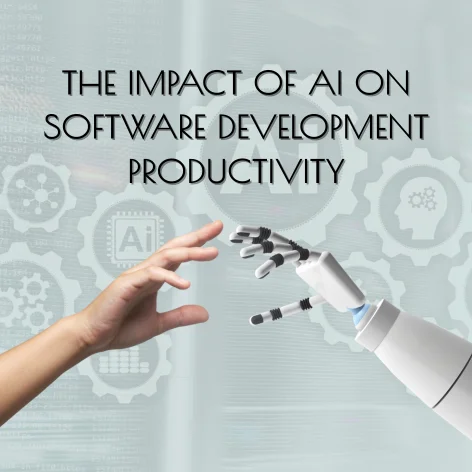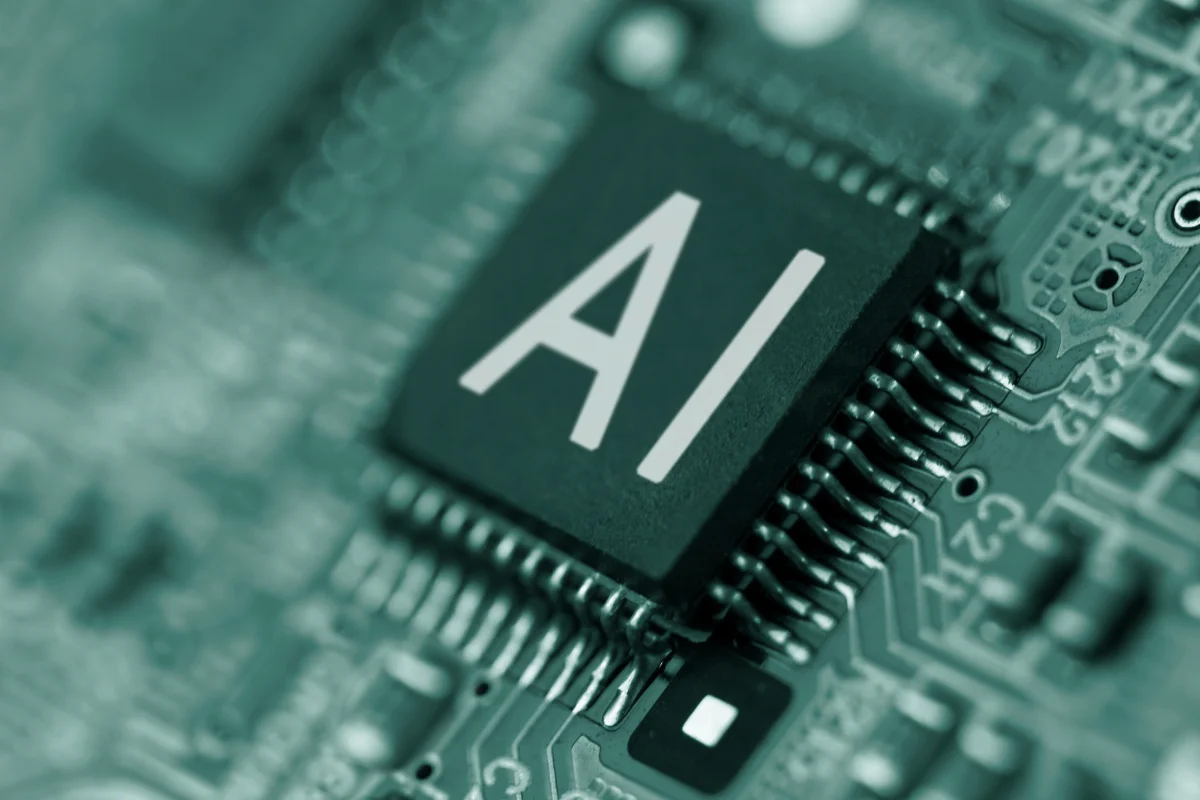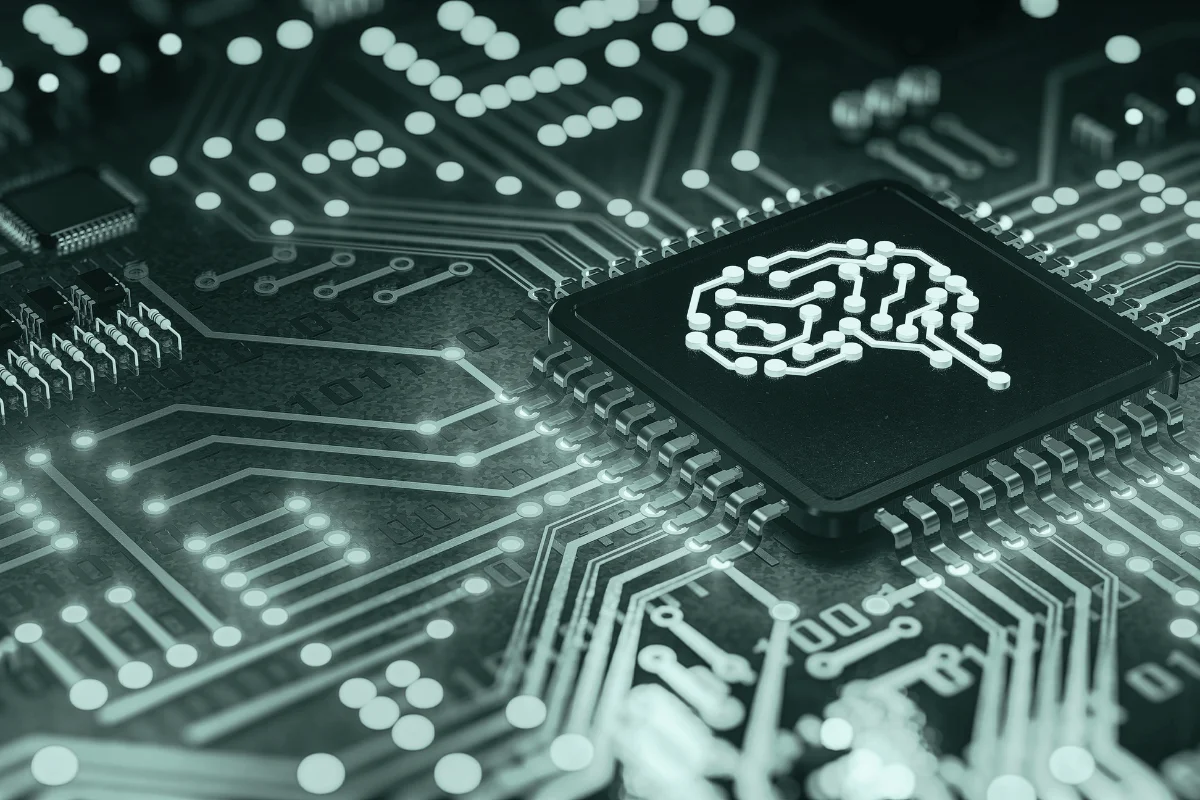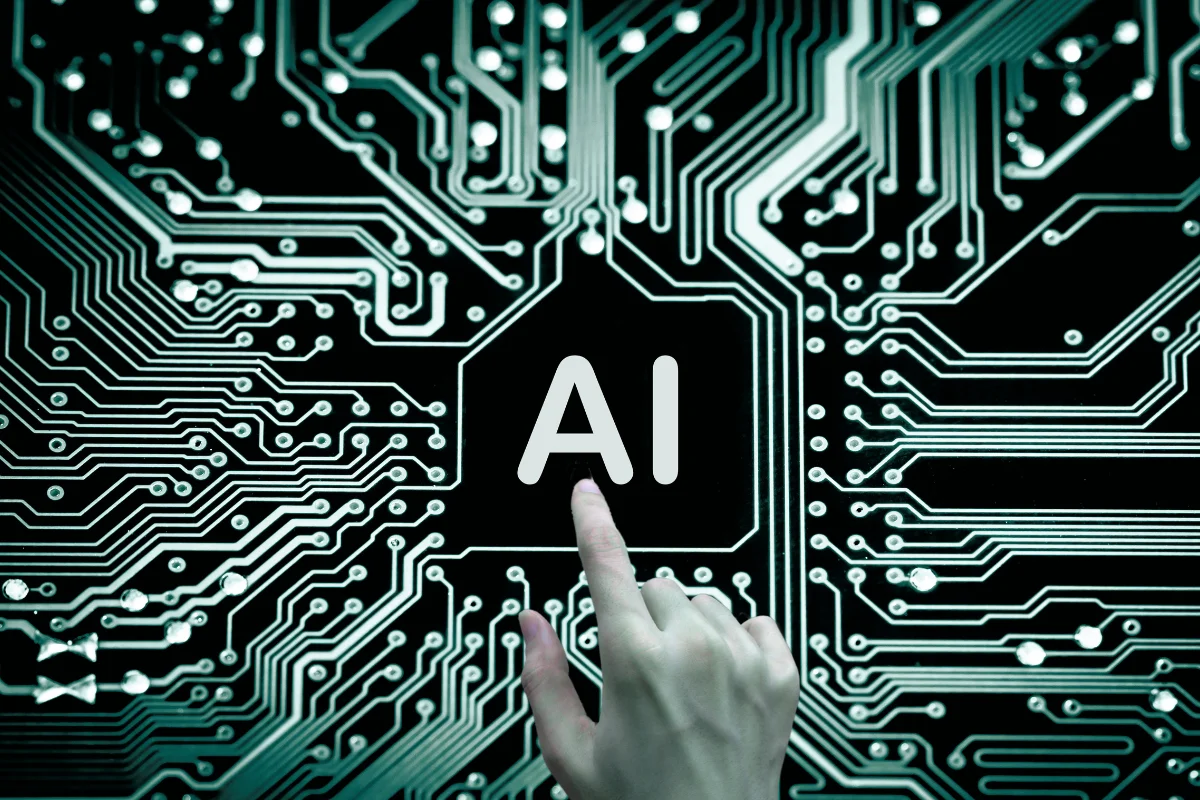The New Era of AI in 2025: From Gemini 3 to Creative AIs
Learn about the best AI tools for 2025, including Nano...
We use cookies for our website to give you the most relevant experience by remembering your preferences. By clicking “accept”, you consent to use of ALL the cookies
This website uses cookies to improve your experience while you navigate through the website. Out of these, the cookies that are categorized as necessary are stored on your browser as they are essential for the working of basic functionalities of the website. We also use third-party cookies that help us analyze and understand how you use this website. These cookies will be stored in your browser only with your consent. You also have the option to opt-out of these cookies. But opting out of some of these cookies may affect your browsing experience.
Necessary cookies are absolutely essential for the website to function properly. These cookies ensure basic functionalities and security features of the website, anonymously.
| Cookie | Duration | Description |
|---|---|---|
| cookielawinfo-checkbox-functional | 11 months | This cookie is set by GDPR Cookie Consent plugin. The cookie is used to store the user consent for the cookies in the category “Analytics”. |
| cookielawinfo-checkbox-functional | 11 months | The cookie is set by GDPR cookie consent to record the user consent for the cookies in the category “Functional”. |
| cookielawinfo-checkbox-necessary | 11 months | This cookie is set by GDPR Cookie Consent plugin. The cookies is used to store the user consent for the cookies in the category “Necessary”. |
| cookielawinfo-checkbox-others | 11 months | This cookie is set by GDPR Cookie Consent plugin. The cookie is used to store the user consent for the cookies in the category “Other. |
| cookielawinfo-checkbox-performance | 11 months | This cookie is set by GDPR Cookie Consent plugin. The cookie is used to store the user consent for the cookies in the category “Performance”. |
| viewed_cookie_policy | 11 months | The cookie is set by the GDPR Cookie Consent plugin and is used to store whether or not user has consented to the use of cookies. It does not store any personal data. |
Functional cookies help to perform certain functionalities like sharing the content of the website on social media platforms, collect feedbacks, and other third-party features.
Performance cookies are used to understand and analyze the key performance indexes of the website which helps in delivering a better user experience for the visitors.
Analytical cookies are used to understand how visitors interact with the website. These cookies help provide information on metrics the number of visitors, bounce rate, traffic source, etc.
Advertisement cookies are used to provide visitors with relevant ads and marketing campaigns. These cookies track visitors across websites and collect information to provide customized ads.
Other uncategorized cookies are those that are being analyzed and have not been classified into a category as yet.
Cyberia Tech, Inc. respects your privacy. This Privacy Policy explains how we collect, use, and share your information. By using our services, you agree to this policy. If any other agreements conflict with this Privacy Policy, the terms of those agreements prevail.
Cyberia Tech complies with the EU-US and Swiss-US Privacy Shield Frameworks for handling personal data from the EEA, UK, and Switzerland. In case of any conflict, the Privacy Shield Principles prevail. Learn more at Privacy Shield. Key Definitions
Information linked to an individual, transferred from the EEA, UK, or Switzerland to the U.S.
Data revealing race, religion, health, sexual orientation, and similar categories.
Effective Date: [ 2026 / 01 / 21 ]
Welcome to The Cyberia Tech ! By accessing or using our website or services, you agree to
comply with and be bound by these Terms of Use and our Privacy Policy. If you do not agree with
these terms, please do not use our Services.
Loading
0 %

The software development process has always been a complex and time-consuming endeavor. From writing code to debugging, testing, and deployment, developers face a myriad of challenges that can slow down productivity. Enter artificial intelligence—a game-changer that is streamlining every stage of the software development lifecycle.
One of the most significant contributions of AI is AI code generation. Tools like GitHub’s Copilot, powered by OpenAI’s Codex, are enabling developers to write code faster and with fewer errors. These tools analyze existing codebases, understand context, and suggest snippets or even entire functions, significantly reducing the time spent on manual coding. For instance, a developer working on a complex algorithm can now rely on AI to generate boilerplate code, allowing them to focus on optimizing the logic and functionality.
But the impact of AI on software development productivity goes beyond just coding. AI is also making waves in AI in DevOps, where it is automating tasks like continuous integration, continuous deployment (CI/CD), and monitoring. By analyzing vast amounts of data from production environments, AI can predict potential failures, optimize resource allocation, and even suggest fixes before issues arise. This proactive approach not only saves time but also enhances the reliability and performance of software systems.

Project management is another area where AI is making a significant impact. Traditional project management often involves manual planning, tracking, and coordination, which can be prone to human error and inefficiencies. With AI project management tools, teams can now leverage machine learning algorithms to predict project timelines, allocate resources more effectively, and identify potential bottlenecks before they become critical.
For example, AI-powered tools like Jira and Trello are integrating intelligent features that automate task assignments based on team members’ workloads and expertise. These tools can also analyze historical project data to provide insights into how long specific tasks are likely to take, enabling more accurate planning and forecasting. The result? Faster project delivery, reduced costs, and happier teams.
Moreover, AI is enhancing collaboration and communication within development teams. Natural language processing (NLP) algorithms are being used to analyze communication patterns and identify misunderstandings or conflicts early on. This not only improves team dynamics but also ensures that everyone is aligned with the project’s goals and timelines.

To truly understand the impact of AI on software development productivity, let’s look at some real-world AI in software engineering case studies.
These case studies highlight the tangible benefits of AI in software development, from faster coding and testing to more efficient project management and deployment.
The Ethical Dimension: AI Ethics in Development
While the benefits of AI in software development are undeniable, it’s crucial to address the ethical implications of these advancements. AI ethics in development is a growing concern, as the widespread adoption of AI raises questions about bias, transparency, and accountability.
One of the primary ethical challenges is ensuring that AI systems are free from bias. AI models are trained on historical data, which can sometimes contain biases that are inadvertently perpetuated in the code they generate. For example, an AI code generation tool trained on biased data might produce code that favors certain demographics or excludes others. This can have serious consequences, particularly in applications like hiring software or financial systems.
Transparency is another critical issue. Developers and stakeholders need to understand how AI systems make decisions, especially when these decisions impact the functionality and security of software. Black-box AI models, where the decision-making process is not transparent, can lead to mistrust and potential legal issues.
Finally, there’s the question of accountability. When an AI system makes a mistake—such as generating faulty code or misallocating resources—who is responsible? Is it the developer who used the tool, the company that created the AI, or the AI itself? These are complex questions that require careful consideration and regulation.

While the benefits of AI in software development are undeniable, it’s crucial to address the ethical implications of these advancements. AI ethics in development is a growing concern, as the widespread adoption of AI raises questions about bias, transparency, and accountability.
One of the primary ethical challenges is ensuring that AI systems are free from bias. AI models are trained on historical data, which can sometimes contain biases that are inadvertently perpetuated in the code they generate. For example, an AI code generation tool trained on biased data might produce code that favors certain demographics or excludes others. This can have serious consequences, particularly in applications like hiring software or financial systems.
Transparency is another critical issue. Developers and stakeholders need to understand how AI systems make decisions, especially when these decisions impact the functionality and security of software. Black-box AI models, where the decision-making process is not transparent, can lead to mistrust and potential legal issues.
Finally, there’s the question of accountability. When an AI system makes a mistake—such as generating faulty code or misallocating resources—who is responsible? Is it the developer who used the tool, the company that created the AI, or the AI itself? These are complex questions that require careful consideration and regulation.
As we look to the future, the impact of AI on software development productivity is only set to grow. Emerging technologies like generative AI, which can create entire applications from scratch, and AI-driven testing tools, which can simulate millions of user interactions in seconds, are pushing the boundaries of what’s possible.
However, to fully realize the potential of AI, developers and organizations must strike a balance between innovation and responsibility. This means investing in ethical AI practices, ensuring transparency and accountability, and continuously updating skills to keep pace with technological advancements.

How does AI code generation improve software development productivity?
AI code generation tools, such as GitHub Copilot and OpenAI’s Codex, significantly enhance productivity by automating repetitive coding tasks. These tools analyze existing codebases, understand context, and provide intelligent suggestions for code snippets or even entire functions. This reduces the time developers spend on manual coding, minimizes errors, and allows them to focus on more complex and creative aspects of software development. By streamlining the coding process, AI code generation accelerates project timelines and improves overall efficiency.
What role does AI play in DevOps?
AI is revolutionizing DevOps by automating and optimizing key processes such as continuous integration, continuous deployment (CI/CD), and monitoring. AI-powered tools analyze data from production environments to predict potential failures, optimize resource allocation, and suggest fixes before issues escalate. This proactive approach reduces downtime, improves system reliability, and enhances the overall performance of software applications. By integrating AI in DevOps, teams can achieve faster and more efficient software delivery cycles.
What are the ethical concerns surrounding AI in software development?
The rise of AI in software development brings several ethical challenges, often referred to as AI ethics in development. Key concerns include:
Addressing these concerns requires robust ethical frameworks, transparent AI models, and ongoing monitoring to ensure fairness and accountability.
Can you provide examples of AI in software engineering case studies?
These examples demonstrate how AI is being used to enhance productivity, improve decision-making, and deliver better software outcomes in real-world scenarios.
The impact of AI on software development productivity is undeniable. From AI code generation to AI in DevOps and AI project management, artificial intelligence is transforming the way we build software. Real-world AI in software engineering case studies demonstrate the tangible benefits of these technologies, while the growing focus on AI ethics in development ensures that we navigate this new era responsibly.
As we stand on the brink of this technological revolution, the call to action is clear: embrace AI, but do so thoughtfully. Invest in tools and training that enhance productivity, prioritize ethical considerations, and stay ahead of the curve. The future of software development is here, and it’s powered by AI. Will you be a part of it?
By incorporating the main keyword “Impact of AI on software development productivity” and related keywords like AI code generation, AI in DevOps, AI project management, AI ethics in development, and AI in software engineering case studies, this article is optimized for SEO while providing valuable insights into the transformative role of AI in software development.
You Can Get More Information!
